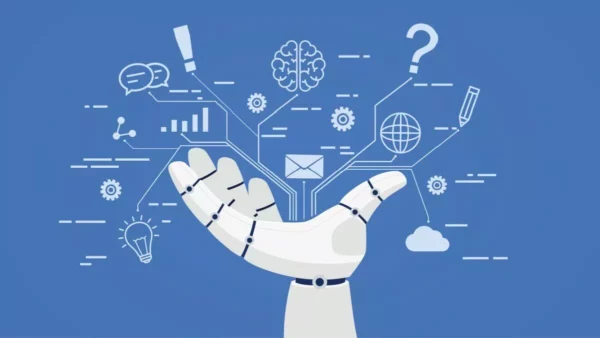
Google’s Search Revolution: A Bold Leap into AI
In the digital world, May 10th, 2023, is a day that will be etched in our memory. Google, the omnipotent entity that has been the gatekeeper of the world’s information, made a ground-breaking announcement. They unveiled plans to introduce AI-generated answers into their search engine, and the SEO community, understandably, had a collective meltdown.
AI Takes Center Stage
At the heart of this game-changer is Search Generative Experience (SGE), Google’s name for their AI integration. AI-powered snapshots will now appear at the top of the search results, offering users swift, comprehensive insights. The user poses a question, and Google, with its AI sophistication, fires back a response. No more tedious scrolling through countless websites. Or not?
Is This the End of SEO?
This seismic shift inevitably raises questions about the future of SEO. If AI is serving answers on a silver platter, where does that leave websites? Will they be pushed into oblivion, never to be seen by users?
But before you herald the death knell for SEO, take a deep breath. It’s not all bad news. There is a silver lining to this cloud.
The Bright Side
Google’s primary goal is to provide users with the best possible answers, and that includes content from a myriad of sources. They are well aware of the importance of human-generated content and have stressed that these AI snapshots are merely a starting point for users to explore a wide range of content and perspectives. This is particularly true for queries relating to the so-called YMYL-an acronym for “your money, your life” content relating to websites that revolve around health, medical, and finance sectors where we know Google pays extra attention to information it provides and authors it trusts.
Despite the AI revolution, Google will still need to drive traffic to websites for several reasons.
- For one, the AI needs data to learn from. If websites stop producing content due to a lack of traffic, the AI will have nothing to learn from.
- Secondly, Google recognizes that people value content created by fellow humans. It gives authenticity, credibility, and a personal touch that an AI, no matter how advanced, cannot replicate.
- Finally, and perhaps most importantly, Google needs traffic to sustain its revenue model. A large chunk of Google’s annual revenue comes from search result ads and Google Display Network ads. Businesses pay a hefty amount to have their websites feature at the top of Google. If these websites are not getting traffic, the entire revenue model collapses.
A Silver Lining For SEO
While AI-generated answers may nibble at the edges of website traffic, it’s unlikely to herald a rapid end for SEO and the need to generate up-to-date, well-organize, well-optimized website content. Google’s AI revolution also brings opportunities for website owners. SEO professionals can use AI to expedite their content production, making it a win-win situation. Google gets high-quality content for its AI to learn from, and SEO professionals can churn out content at a much faster rate.
In the grand scheme of things, this shift by Google is a step forward. It’s a blend of AI and human creativity that will ultimately enhance the user experience. SEO is not dead; it’s simply evolving. Embrace the change, adapt to it, and you might find that SEO’s future is brighter than ever.

Ali Kouros
Ali Kouros is co-founder of MetaMed Marketing. Ali heads up operations, engineering, productions, and practice marketing for MetaMed.



